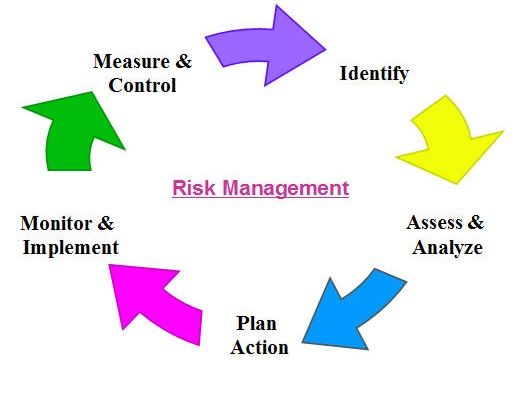Definition of Healthcare Risk Management
Healthcare risk management is the process of identifying, assessing, and prioritizing risks in a healthcare setting. It involves developing strategies to manage and mitigate risks, as well as monitoring and reporting on the outcomes of those strategies. The purpose of healthcare risk management is to protect patients, staff, and the organization from potential losses due to medical errors, adverse events, and other risks.
Benefits of Healthcare Risk Management
Healthcare risk management provides numerous benefits to healthcare organizations. It helps to identify and address potential risks before they become major problems. It can also reduce the number of errors, improve patient safety, and reduce costs associated with medical errors and adverse events. Additionally, it can help to improve the overall quality of care and patient satisfaction.
Types of Risks in Healthcare
There are many types of risks in healthcare, including clinical risks, financial risks, and operational risks. Clinical risks are related to the quality of care provided, such as medical errors and adverse events. Financial risks involve financial losses due to mismanagement of funds or other financial issues. Operational risks involve the organization’s ability to operate effectively, such as staffing issues or compliance issues.
Risk Management Process
The risk management process involves four steps: risk identification, risk assessment, risk mitigation, and risk monitoring. Risk identification involves identifying potential risks in the healthcare setting. Risk assessment involves evaluating the risks and determining the likelihood of their occurrence. Risk mitigation involves developing strategies to reduce the risks and prevent them from occurring. Risk monitoring involves regularly monitoring the risks and evaluating the effectiveness of the risk mitigation strategies.
Risk Management Tools
There are a variety of risk management tools available to healthcare organizations. These tools can help to identify potential risks, assess their likelihood of occurrence, and develop strategies to mitigate them. Some of the most common risk management tools include root cause analysis, failure mode and effects analysis, and incident reporting systems.
Risk Management Strategies
Once risks have been identified and assessed, healthcare organizations can develop strategies to mitigate them. These strategies may include changes in policies and procedures, additional training for staff, or the use of technology to reduce errors. Additionally, healthcare organizations can develop contingency plans to prepare for potential risks and minimize their impact.
Risk Management Teams
Healthcare organizations should establish risk management teams to oversee the risk management process. These teams should be composed of individuals from different departments, such as nursing, finance, and administration. The risk management team should be responsible for identifying, assessing, and mitigating risks, as well as monitoring and reporting on the outcomes of the risk management strategies.
You might find these FREE courses useful
- Population Health: Panel Management Next Level
- Trustworthy AI for Healthcare Management
- ESG Investing: Industry Impacts & Transformations
- Tools and Practices for Addressing Pandemic
- Investment Risk Management
- Market Risk Management: Frameworks & Strategies
- Credit Risk Management: Frameworks and Strategies
Conclusion
Healthcare risk management is an important process for healthcare organizations to protect patients, staff, and the organization from potential losses due to medical errors, adverse events, and other risks. It involves identifying, assessing, and mitigating risks, as well as monitoring and reporting on the outcomes of the risk management strategies. Risk management teams should be established to oversee the process, and risk management tools and strategies should be used to reduce risks and improve the overall quality of care.
